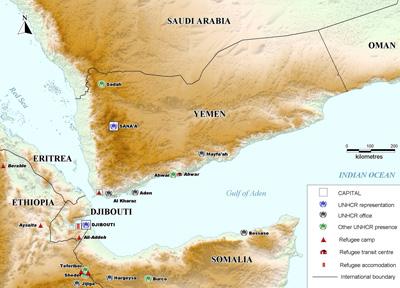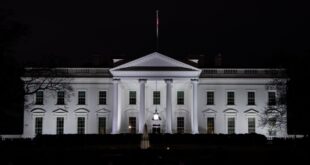
On May 3, Saudi-led coalition entered Yemen. According to reports about from 20 to 50 soldiers have landed in Yemen’s strategic port of Aden for a ‘reconnaissance’ mission and more troops are coming.
The deployment of Saudi-led forces seeks the goal to help forces loyal to US, Saudi proxy-President AbdRabbu Mansour Hadi. Lately a spokesman from the Saudi-led coalition, Brigadier General Ahmed Asseri, has denied claims about a ground operation in the port.“There are no foreign forces in Aden but the coalition continues to help fight against the Houthi militia,” Asseri said in a statement.
Notwithstanding the denials regarding the ground operation in Yemen, Saudi Arabia has started training hundreds of Yemeni tribesmen to fight the Houthis on the ground. The training received by the Yemeni tribesmen in Saudi Arabia allegedly includes light weapons and tactical training.
According to Reuters, the Kingdom plans to boost deployment of these units to fight the Houthis resistance.
Another source reports that some 300 fighters have already managed to return to Yemen after getting Saudi training. They were allegedly sent the Sirwah district in the central Marib province to battle Houthis in the area.The fighting is ongoing on a number of major fronts. In Aden, the Houthis are fighting tribesmen who are supported by the Saudi-led air campaign.
In Yemen’s third largest city, Taiz, Houthis are fighting the Sunni Islamist fighters. The Houthis and their allies have been also fighting both Islamists and local tribesman in Marib and in Shabwa provinces, which Saudi Arabia is training and arming with US intelligence and logistic support, Radical Islamists. Probably, the only forces that are gaining as a consequence of this conflict indeed are the Islamic State and Al-Qaeda.
Senegal’s Foreign Minister Mankeur Ndiaye confirmed on Monday that the West African nation would be sending a detachment of 2,100 troops to Saudi Arabia as part of an international coalition cobbled together by the kingdom in its war effort in Yemen.
The amazing fact is that Senegal declared its involvement in a war thousands of miles away from its borders, while dangerous West African terrorist group Boko Haram has declared allegiance to the Islamic State and has changed the name to Islamic State’s West Africa Province or ISWAP. Furthermore, Senegal isn’t engaged in the interstate coalition which opposes ISWAP in the region.
Human Rights Watch says it has credible evidence that the Saudi coalition has used cluster munitions supplied by the United States in its airstrikes against targets including those close to cities and villages. In recent weeks, the US-backed coalition has used cluster bombs in Yemen’s northern Saada governorate, a region bordering Saudi Ararbia, which historically was controlled by the Houthis.
Cluster munitions pose long-term dangers and are prohibited by a 2008 treaty adopted by 116 countries. The World Health Organization said recently that at least 944 Yemenis have been killed and nearly 3,500 injured since the start of airstrikes campaign in Yemen. Now, we perceive the reason of these numbers.
The Islamic State has claimed responsibility for the foiled attack on a controversial Prophet Muhammad cartoon contest near Dallas, Texas that ended with both assailants being shot dead by a traffic cop. The announcement was made on the group’s radio station.
Mainstream US media doubts that ISIS was directly involved in planning and choosing the target of the attack. It’s the first time that the Islamic State has claimed it was behind an attack in US soil. However, it definitely isn’t the first mark of ISIS developing in the USA, therefore the group doesn’t focused entirely on Iraq and Syria how US officials want to believe. In order to get additional political revenue in the ongoing conflicts in Middle East,US has lost the moment, when so-called ‘moderate rebels groups’, often supported by US government, have arisen in America.
Global Council
 Geostrategic Media Political Commentary, Analysis, Security, Defense
Geostrategic Media Political Commentary, Analysis, Security, Defense




